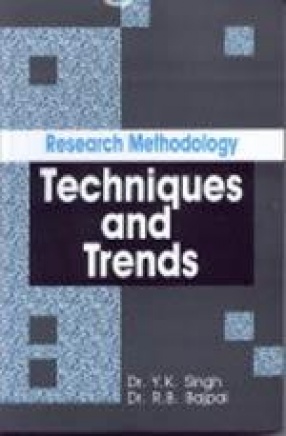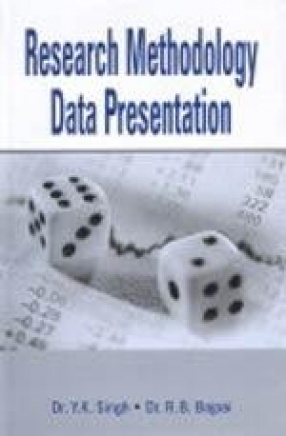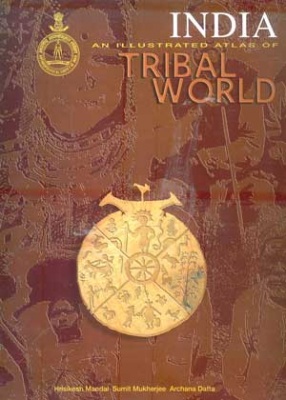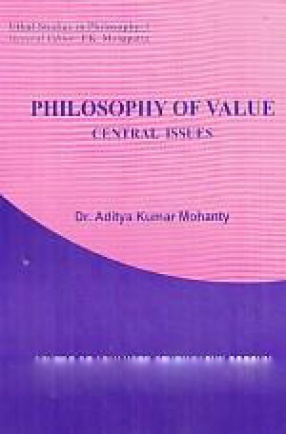Research Methodology: Techniques and Trends
Synopsis
The term science may be thought of as an approach to the gathering of knowledge rather than as a field of subject matter. Science, put simply consists of two primary functions: (1) the development of theory and (2) the testing of substantive hypotheses that are deduced from theory. The scientist, therefore, is engaged in the use, modification, and/or creation of theory. The scientist may emphasize an empirical approach in which data collection is the primary method, a rational approach in which logical and deductive reasoning is primary, or a combination of these approaches, which is most common. Regardless of the emphasis, the scientist begins with a set of ideas that direct the effort and with a goal that entails the development or testing of theory. It was only when people began to think systematically about thinking itself that the era of logic began. The first systematic approach to reasoning, attributed to Aristotle and the Greeks, was the deductive method. The categorical syllogism was one model of thinking that prevailed among early philosopher. Syllogistic reasoning established a logical relationship between a major premise, a minor premise, and a conclusion. A major premise is a self-evident assumption, previously established by metaphysical truth or dogma that concerns a relationship; a minor premise is a particular case related to the major premise. Frequently researchers are interested in complex problems, the full investigation of which requires a series of studies. The approach is known as programmatic research and usually combines the inductive and deductive methods in a continuously alternating pattern. The researcher may begin with a number of observations from which a hypothesis is derived (inductive reasoning). Then the researcher proceeds deductively to determine the consequences that are to be expected if the hypothesis is true. Data are then collected through the inductive method of verify, reject, or modify the hypothesis. Based on the findings of this study, the researcher goes on to formulate more hypotheses to further investigate the complex problem under study. Thus, the researcher is continually moving back and forth between the inductive method of observation and data collection and the deductive method of hypothesizing the anticipated consequences to events. This work will be of value to educationists, scholars and social thinkers who have an interest in the distance education reconstruction of our society as well as those who have a concern fore personal growth and a larger, more comprehensive concept of man than the one provided by modern civilization.
Read more
48.60
43.74
$
54.00 $
Free delivery Wolrdwidе in 10-18 days
Ships in 1-2 days from New Delhi
Membership for 1 Year $35.00
Get it now and save 10%
Get it now and save 10%
BECOME A MEMBER
Books by the same authors








Bibliographic information
R.B. Bajpai